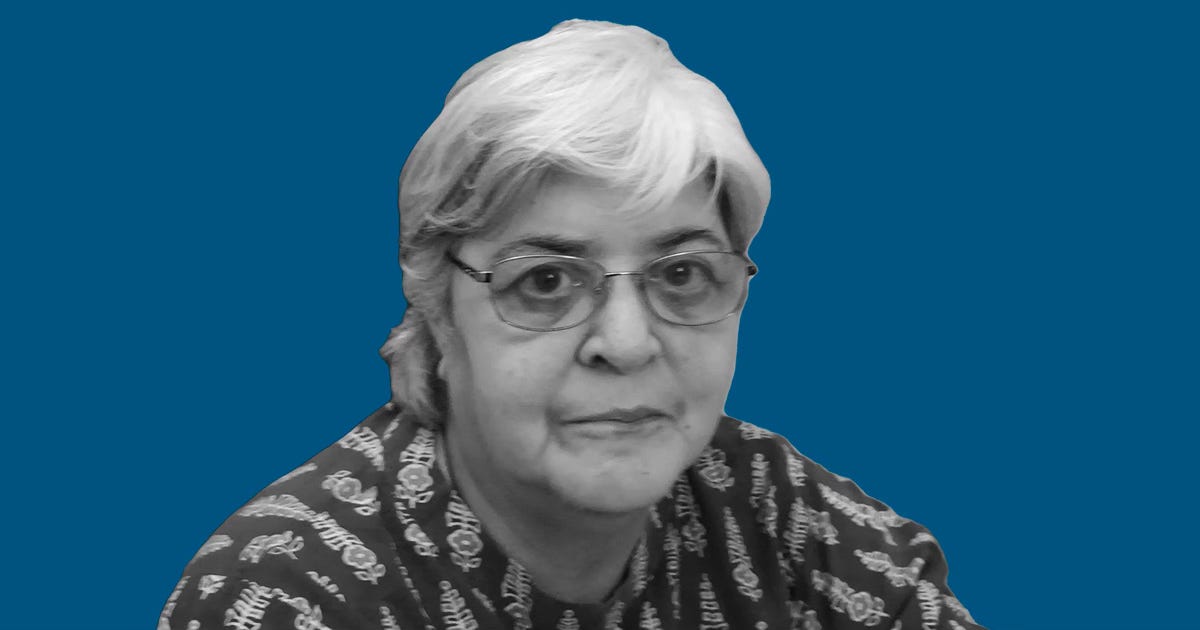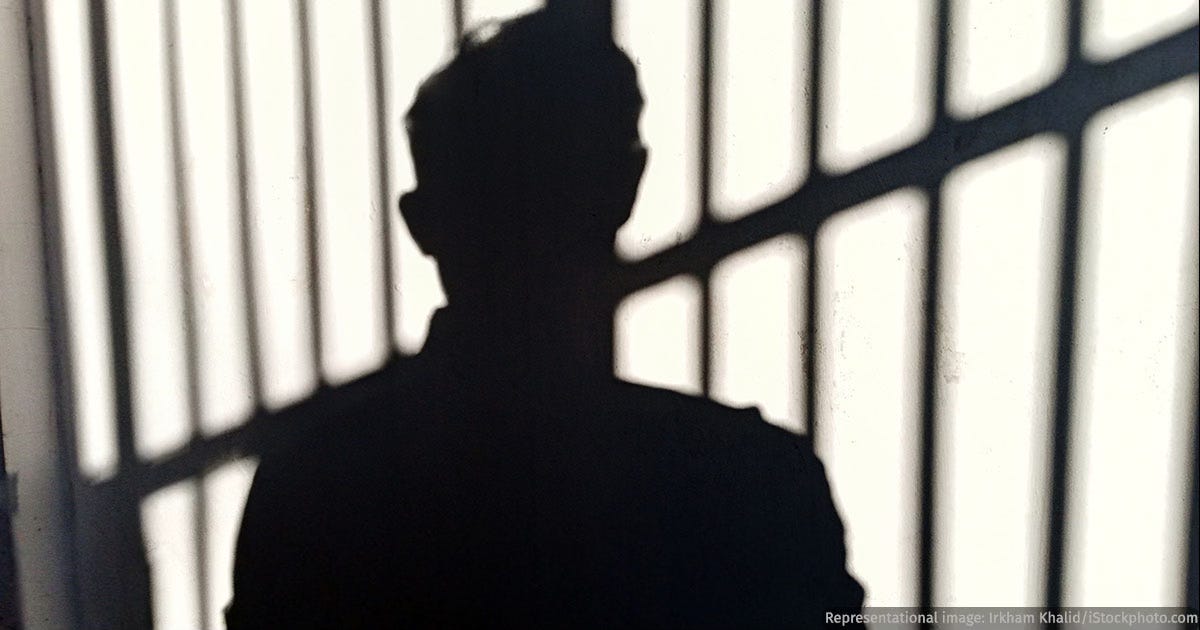Fishing In Hot Waters
Also this week, why the new immigration and foreigners bill is troubling, and the inconsistencies in India's death penalty sentencing
In this week's roundup, three significant developments: the mounting challenges to its fisheries sector from climate change, the controversial Immigration and Foreigners Bill and its potential impact on refugees, and the troubling inconsistencies in India's death penalty sentencing. Each story underscores how policy decisions, environmental changes, and legal interpretations are reshaping lives across the country in profound ways.
India's fisheries sector faces major climate change threats as 2024 records Earth's hottest year. As the world's second-largest fish producer (contributing 8% globally), India's vast aquatic resources and four-million-strong fishing community are increasingly vulnerable.
Rising sea temperatures are forcing economically valuable species like Indian mackerel and Bombay duck to migrate poleward or deeper, while affecting spawning patterns of other species like the threadfin bream. The CMFRI notes significant shifts in marine ecosystem structure, with formerly abundant species dropping out of India's top 10 harvested fish.
Fishers already feel the impact through increasing cyclones, marine heatwaves, coastal erosion, rising operational costs, and unpredictable weather reducing fishing days. "We used to catch 100 baskets per voyage. Today, we're catching 10," notes one fishing representative.
Solutions include ecosystem protection, robust monitoring, proactive planning, adaptive management, and inclusive decision-making involving fisherfolk. Some advocate for a Fisheries Rights Act, similar to the Forest Rights Act, in order to protect livelihoods. Nikhil Goveas, Carlito Turner and Tanvi Deshpande delve into the complexities.
India's new Immigration and Foreigners Bill, 2025 aims to replace four existing laws, including three colonial-era legislations. The bill grants sweeping powers to the government regarding entry, exit, and regulation of foreigners.
With over 270,000 refugees in India, human rights lawyer Nandita Haksar expresses concern that the bill doesn't distinguish between migrants seeking economic opportunities and refugees fleeing persecution. A refugee protection law should have been passed before or alongside this bill, she believes.
While Haksar acknowledges a sovereign nation's right to protect its borders, she highlights problematic provisions like requiring medical and educational institutions to report foreigners—potentially cutting off essential services to vulnerable groups.
The bill's approach could criminalize refugees rather than handling their cases administratively. In a wide-ranging interview, Haksar warns that this might alienate refugees, particularly Burmese journalists and others who fled to India after Myanmar's military coup, creating additional humanitarian challenges along India's borders.
Nandita Haksar is in coversation with Shreehari Paliath.
India's death penalty practices remain highly inconsistent despite Supreme Court guidelines, as highlighted by two contrasting January cases: the RG Kar hospital murder convict Sanjay Roy received life imprisonment while Greeshma was sentenced to death for killing her partner.
According to Project 39A, both courts failed to properly consider mitigating factors about the accused. This arbitrariness is widespread—in 90.5% of 2024 death sentences, trial courts sought no information about the accused's circumstances or reformation potential.
India ended 2024 with 564 people on death row, the highest this century, despite the Supreme Court not confirming any death sentences for the second consecutive year. Sessions courts imposed 139 death sentences in 2024, with Uttar Pradesh leading (34 sentences).
Nearly one-third of death sentences were imposed within a day of conviction, suggesting hasty judgments. Meanwhile, India's new criminal laws have expanded death penalty-eligible crimes, including mob lynching and organized crime resulting in death, counter to global trends towards eradicating the extreme penalty. Shreehari Paliath reports.
For IndiaSpend Hindi, Arsalan Bukhari reports on a ray of hope for Kashmir's women—self-help community groups are rising to plug holes in the always precarious existing healthcare infrastructure.





